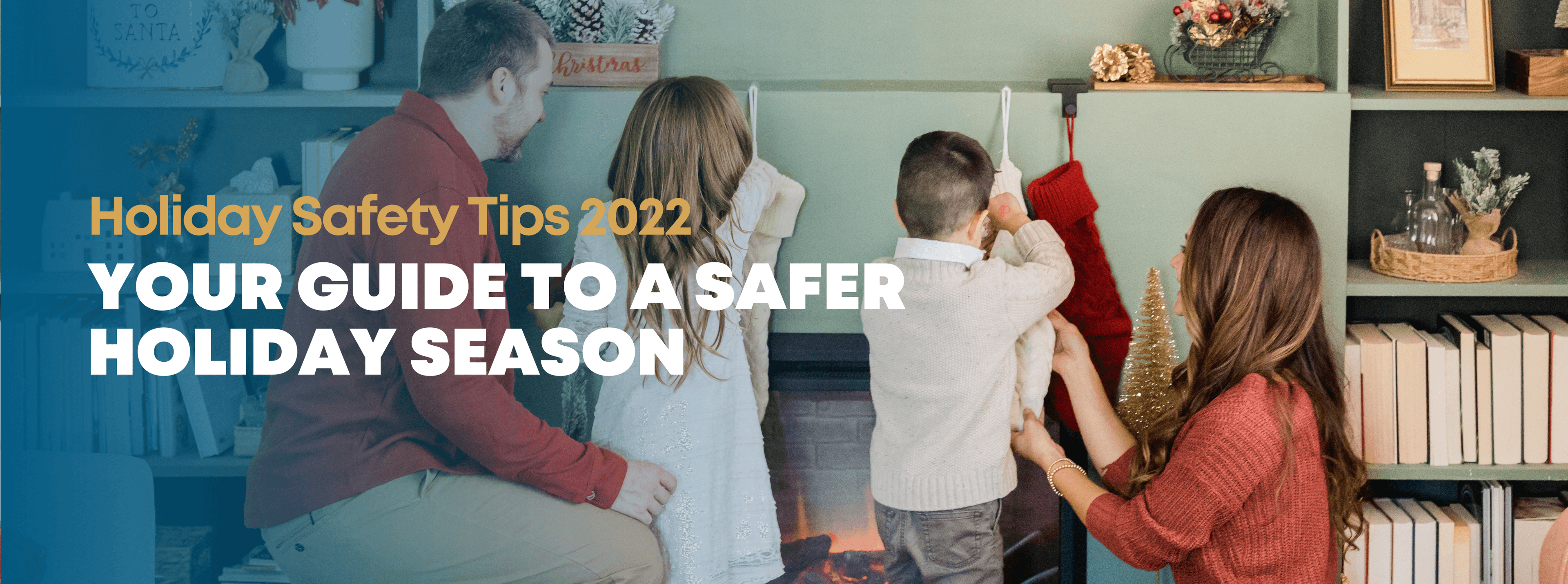Lung cancer is one of the most common causes of cancer-related death in the United States.
According to the National Cancer Institute’s Surveillance, Epidemiology, and End Results (SEER) Program, 236,740 will be diagnosed with lung cancer and other lung-related diseases each year.
The Lung Cancer Alliance launched Lung Cancer Awareness Day (LCAD) in the United States in 2000, to raise awareness of the typical symptoms of lung cancer. The day has since evolved into a full month and has become a worldwide initiative known as Lung Cancer Awareness Month (LCAM) which takes place each November.
The objective of Lung Cancer Awareness Month is to make people aware of the early signs and symptoms of lung cancer. Building awareness of early signs will hopefully lead to individuals seeking medical advice sooner leading to an earlier diagnosis. Detecting and diagnosing lung cancer early is key when it comes to increasing chances of survival.
Importance of The Lungs
The lungs are one of the most essential organs in the body as they literally provide life through the processing of oxygen. The average human takes roughly 6 million breaths a year making lung health all the more important.
However, we inhale more than just oxygen. Each breath we take can contain germs and other foreign bodies which can prove to be harmful. The lungs work to filter out these contaminants, protecting the rest of our body from harm.
While lung cancer is scary and dangerous, there are precautions you can take to lower your risk of lung cancer.
- Stop Smoking
Tobacco and smoking are the leading causes of lung cancer year after year. Every cigarette that you smoke has a lifelong impact on your health. Along with the nicotine found in cigarettes, there are 7000 additional chemicals that enter your body. Smoking is by far the most harmful thing you can do to your lungs and greatly increases your risk of lung cancer. The best thing you can do for your lungs is to never start smoking, and to stop immediately if you do. There are many ways in which you can get professional help to get rid of smoking.
- Avoid secondhand smoke
Even if you do not smoke, you can inhale secondhand smoke from being around smokers. While it may not seem fair, if somebody is next to you, you are also falling victim to the negative side effects of smoking. A safe level of exposure to secondhand smoke just does not exist. Even minor exposure to secondhand smoke can harm a person’s body and the risk of lung damage only increases the more you are exposed. Protect your lungs by removing yourself from any situations where you may inhale secondhand smoke.
- Test your home for Radon
After smoking, radon is the second leading cause of lung cancer. Radon is a colorless and odorless gas that comes naturally from rocks and dirt in the ground. There’s always some radon in the air around us. But when radon gas from underneath the home leaks in through cracks or gaps in the foundation it can become dangerously concentrated You can begin to inhale radon and the radioactive particles in the gas can get trapped in your lungs. This can potentially lead to lung cancer.
High radon levels can be a risk in homes of any age, anywhere, in any state. This applies to homes with and without basements.
It is imperative that every home is tested for Radon. Schedule a home inspection today, it could save your life!
- Eat a diet full of fruits and vegetables
Having a healthy and balanced diet is very important. It provides the nutrients and support our bodies need to protect us. Hence, adding fruits and vegetables to your normal daily routine will exponentially help with strengthening your body against any harmful smoke or toxic particles present in the environment.
This Lung Awareness Month, you can take an initiative to improve your health by adding fruits and vegetables to your daily diet.
- Exercise Regularly
Exercising is an effective way of treating your body right. Regular activity helps maintain stamina, increases lung capacity and oxygen levels and strengthens your lungs against fighting off any contaminants. These benefits are crucial to living a long and healthy life.
- Avoid exposure to hazardous substances
Chemical and toxic substances pose a wide range of health hazards. While it’s hard to avoid pollution, it’s important to at least try. Decreasing our exposure to pollution can be a very helpful way to maintain the health of our lungs. One helpful way of decreasing your exposure to pollution is monitoring the air quality. Most weather apps and services provide an air quality rating, limiting time spent outside on days with a poor air quality rating can help reduce exposure to pollution.
Maintaining lung health is key to living a long and healthy life. While nothing can fully prevent lung cancer, following the above steps can certainly go a long way in reducing your risk. Additionally, be sure to have your home tested for radon to ensure you are not unknowingly putting yourself at risk for lung cancer.
To learn more about radon call us at (800) 309-6753 or email us at inquiry@wini.com and one of our experts will contact you shortly.
Get the Latest Insights!
Sign up to stay up to date with latest tips, trends and updates from WIN.












